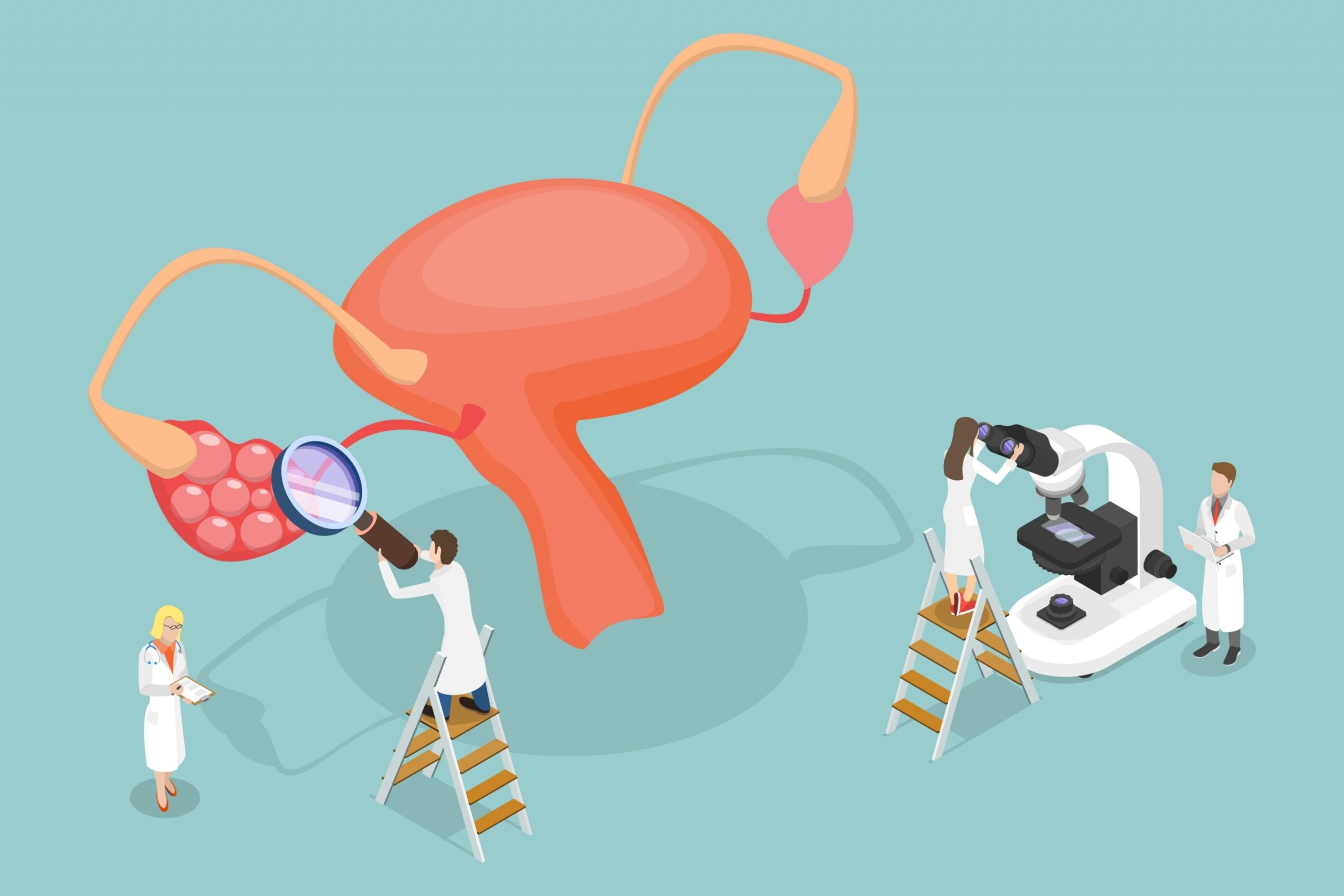A reader recently pinged me with an important question: Are women who had their ovaries removed during hysterectomies more prone to dementia?
For this reader, like millions of older Americans, the issue hit close to home. Several women in her circle have developed dementia later in life, and the number of people with Alzheimer’s disease and other forms of dementia is rising.
Though menopause and women’s health are getting more attention from doctors and researchers after being understudied for decades, the hysterectomy question remains particularly difficult.
I did some research and here’s the bad news: Women under 50 whose hysterectomies involve removing both their uterus and ovaries—prompting surgical menopause—face increased risk for myriad health issues, including heart disease , stroke and dementia.
Now the good news: More women are preserving their ovaries after hysterectomies, reversing longstanding medical practice.
But some doctors and researchers say it is likely that there are too many women undergoing removal of their ovaries when they don’t need to. Doctors say the only women who should undergo an oophorectomy are those with, or at high risk of, ovarian cancer, which affects about 1% of women.
Women with pain from endometriosis that can’t be controlled in other ways might also opt to have their ovaries removed, but experts’ opinions are divided.
“A removal of the ovaries before menopause and before age 46 years may cause an acceleration of the aging processes across many organs, for example, the brain, and many tissues of the body, for example, the bones,” says Dr. Walter Rocca , who is a professor of epidemiology and neurology at the Mayo Clinic in Rochester, Minn., and has written studies on the topic.
Poorer health
There are no recent studies or nationwide databases on the percentage of hysterectomies that include a bilateral oophorectomy, or removal of both ovaries, according to the federal Centers for Disease Control and Prevention and doctors. Removal had been standard practice for decades up until 2008.
In that year, the American College of Obstetricians and Gynecologists recommended retention of both ovaries in premenopausal women at usual risk of ovarian cancer. Yet the translation of this recommendation into clinical practice has been slow and varied, says Rocca.
“It takes time for scientific evidence to translate into changes in clinical practice,” he says. “Gynecologists may resist changes in practice because of their training, their preferences and beliefs, and because of financial incentives.”
A 2013 study in the journal Obstetrics and Gynecology found that among more than 750,000 women, about 46% removed their ovaries at the time of hysterectomy whereas 54% didn’t. Even premenopausal women who preserve their ovaries during a hysterectomy are at increased risk of dementia and heart disease but less so, according to multiple studies.
The health risks associated with the removal of ovaries are significant.
Rocca was co-author of a 2021 Jama Network Open study that found that women under 46 who removed both of their ovaries with or without a hysterectomy had an increased risk of mild cognitive impairment and performed worse on cognitive tests 30 years later compared with women who didn’t undergo the procedure.
Another study Rocca co-wrote found that women who had ovaries removed before age 50 faced higher risks for several conditions years later, including heart disease and osteoporosis.
Other studies have linked the procedures to an increased risk of dementia , Parkinson’s disease and accelerated aging .
Sometimes, patients push to have their ovaries out at a younger age to help with symptoms such as pelvic pain or to avoid a subsequent surgery, says Dr. Daniel Breitkopf , chair of OB-GYN at Mayo Clinic and a member of ACOG’s board of directors. He usually advises waiting.
“I would rather do an oophorectomy five or 10 years later so then we have five to 10 years of benefit of those ovaries on your health,” he says.
Dr. Rebecca Rogers , chair of the OB-GYN department at Albany Medical Center and secretary-treasurer of the Society of Gynecologic Surgeons, says there is some debate over whether the cutoff should be age 50 or 65.
“For very young patients, it’s clear that removal of the ovaries at a young age puts people directly into menopause and puts them at risk for all the things that happen with that,” she says.
The guidance
There is some evidence that estrogen replacement therapy can attenuate the harmful effects of removing the ovaries and starting menopause prematurely, says Rocca. That evidence isn’t conclusive, however, he adds.
Lisa Mosconi , an associate professor in the neurology department at Weill Cornell Medicine, where she is also director of the Alzheimer’s Prevention Program and Women’s Brain Initiative, says she has received many emails from women who are alarmed because they were unaware of the potential risks when their ovaries were removed during their hysterectomies.
Many of them had the surgeries when it was routine to also remove the ovaries.
“There are women in their 60s and 70s who are quite shocked, in retrospect,” she says. “It’s a more streamlined surgery and your risk of ovarian cancer is significantly reduced, so a lot of people just said, ‘sure.’”
Write to Sumathi Reddy at Sumathi.Reddy@wsj.com



